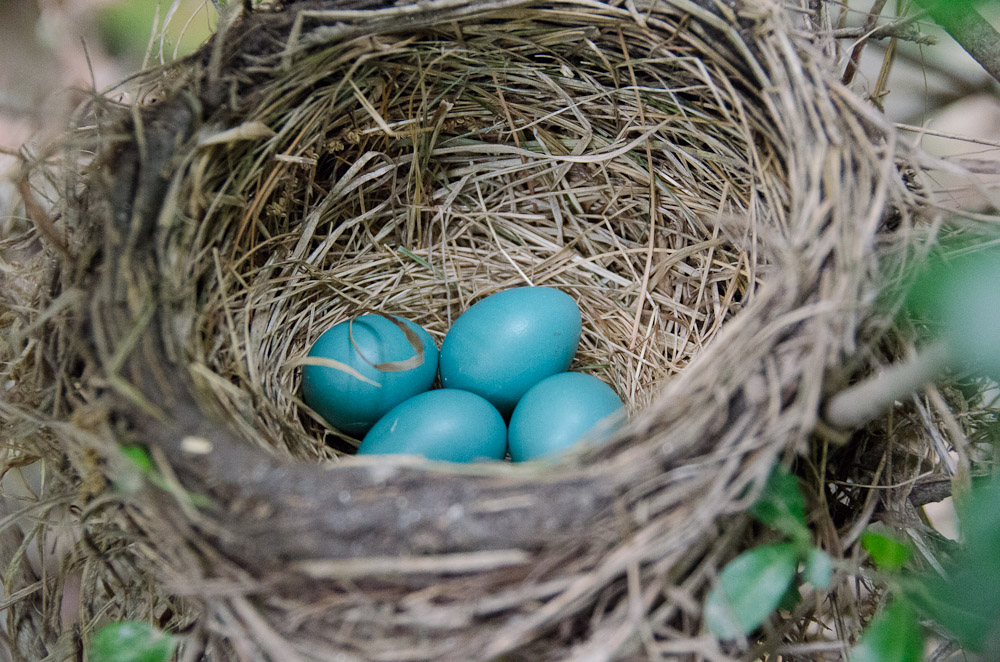بسم الله الرحمن الرحيم
Assalamu Alaikum.
[ Note: The information in this post about the Names of Allah is from Tafsir Al-Muyassir (which is in Arabic). As it’s a concise tafsir (but very nice indeed), it doesn’t go into much detail so I provided the explanation from my side to make things clearer.]
In yesterday’s post, I mentioned that Surah As-Shuara consisted of stories of different Prophets. There are seven stories mentioned in total and interestingly enough, they all end in the same manner:
إِنَّ فِي ذَٰلِكَ لَآيَةً ۖ وَمَا كَانَ أَكْثَرُهُم مُّؤْمِنِينَ
وَإِنَّ رَبَّكَ لَهُوَ الْعَزِيزُ الرَّحِيمُ
Verily! In this is indeed a sign (or a proof), yet most of them are not believers. And verily, your Lord! He is truly the All-Mighty, the Most Merciful. [Surah Ash-Shuara (26) : 67-68]
The two Names of Allah mentioned are Al-Azeez (the All-Mighty) and Ar-Raheem (the Most Merciful). How are these related to what is being said?
Well, all the stories end with the disbelievers being punished and the believers being saved. So, Allah is Al-Azeez, the One who is All-Mighty over the disbelievers and who has the ability to destroy them.
On the other hand, He is also Ar-Raheem (the Most Merciful) to the believers, which is why He saved them from being punished alongside the disbelievers.
Now, these two Names of Allah are repeated towards the end of this Surah:
وَتَوَكَّلْ عَلَى الْعَزِيزِ الرَّحِيمِ
الَّذِي يَرَاكَ حِينَ تَقُومُ
وَتَقَلُّبَكَ فِي السَّاجِدِينَ
إِنَّهُ هُوَ السَّمِيعُ الْعَلِيمُ
And put your trust in the All-Mighty, the Most Merciful, Who sees you (O Muhammad) when you stand up (alone at night for Tahajjud prayers). And your movements among those who fall prostrate (along with you to Allah in the five compulsory congregational prayers). Verily! He, only He, is the All-Hearer, the All-Knower. [Surah Ash-Shuara (26) : 217-220]
Now, why are these two Names mentioned alongside tawakkul (putting one’s trust in Allah)?
Well, Al-Azeez (the All-Mighty) is the One who cannot be overcome and Ar-Raheem is the One who doesn’t let down His servants.
Think about that for a second. If we want someone’s help, we’d go to someone who had the ability and power to help us and also someone who would WANT to help us and wouldn’t let us down!
So, why don’t we seek help from and put our trust in the One who is All-Powerful, and who absolutely nobody can overcome and who is also full of mercy and will never ever let us down!
Subhan Allah, these days we are so worried about the enemies of Allah and how our Ummah (nation) is getting weaker.
Newsflash: the nations before us were even weaker than this. The believers in them were very few in number, yet Allah granted them victory and destroyed the disbelievers. That’s all one needs, really: the Help of Allah.
The Quran is full of stories that end with victory for the believers and punishment for the disbelievers, yet many people don’t seem to reflect on this at all. Many Muslims don’t seem to realise that numbers, arms and wealth cannot withstand the Power of Allah.
So, we shouldn’t be worried about defeating the enemies, rather we should focus on singling out Allah for worship and putting our trust in Him alone. If we do that, He will suffice us against our enemies and grant us the means to overcome them. And that’s exactly what happened at the time of the Prophet (sallallahu alaihi wasallam).
However, if we don’t single out Allah for worship and we rely on other than Him, then we risk being destroyed like the evil people of the past.
This set of verses ends with two more Names of Allah: As-Samee (the All-Hearing) and Al-Aleem (the All-Knowing).
As-Samee (the All-Hearing) is mentioned in relation to the fact the He hears one’s recitation and remembrance (which happen in the prayers, which is what is mentioned in the two verses before this verse).
Al-Aleem (the All-Knowing) is the One who knows one’s intentions and actions.
So, let’s make sure we rely on Allah alone and focus on our ibaadah (worship). Ibaadah is mentioned right after tawakkul in this set of verses, by the way.
Finally, those who don’t know how to have tawakkul can always learn from the pros:
عَنْ عُمَرَ بْنِ الْخَطَّابِ، قَالَ قَالَ رَسُولُ اللَّهِ صلى الله عليه وسلم : لَوْ أَنَّكُمْ كُنْتُمْ تَوَكَّلُونَ عَلَى اللَّهِ حَقَّ تَوَكُّلِهِ لَرُزِقْتُمْ كَمَا تُرْزَقُ الطَّيْرُ تَغْدُو خِمَاصًا وَتَرُوحُ بِطَانًا
Umar ibn Al-Khattab (radiallahu anhu) narrated that the Messenger of Allah (sallallahu alaihi wasallam) said:”If you were to rely upon Allah with the required reliance, then He would provide for you just as a bird is provided for, it goes out in the morning empty, and returns full.” [Jaami At-Tirmidhi, Hadeeth No. 2344. Graded “sahih” (authentic) by Shaikh Al-Albani.]
Yes, the birdies are pros at this. We need to learn from them.
